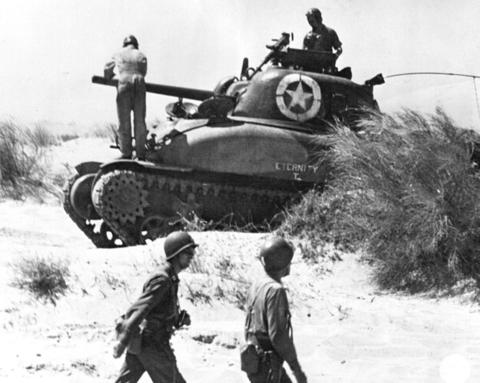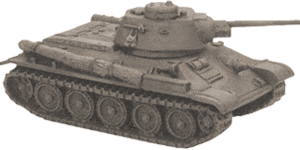Evaluating the Allied Invasion of Sicily

The July 1943 Allied invasion and occupation of Sicily is often panned by commentators, and there is no question that taking Sicily proved painful for the Allies. For instance, all told the Allies suffered nearly 25,000 casualties against an Axis army that fought a delaying campaign lasting over one month. The Sicilian campaign however would prove to be an important learning experience.
For instance, the invasion provided invaluable experience in amphibious operations, including refining command and control between the allied armies, navies and air forces as well as testing new equipment and tactics. In addition, on the night of July 9-10th the Allies also attempted large-scale airborne operations for the first time in the war, albeit with mixed results. The American 82nd Airborne Division suffered heavy losses, mostly arising from improper coordination between the navy and army air force - resulting in one unfortunate incident where ship based anti-aircraft weapons decimated their own transport formations flying overhead. That said, the well-trained airborne soldiers would prove quite effective once on the ground.
Furthermore, the Allied landing force, numbering seven British, Canadian, and U.S. divisions, received substantial support from offshore naval gunfire support – proving at times highly effective. In one instance, the big naval guns broke up a German led armored counterattack delivered against the beachhead at Gela. Such indirect fire helped prove that amphibious landings, assuming the proper coordination between combat arms, could prove a success against even armor heavy counterattacks.
Finally, though the Allies endured heavy losses; Axis forces hardly fared better. German casualties reached nearly as high as the Allies while the Italians lost well over 100,000 men - mostly as prisoners of war. These losses accordingly forced the Germans to pour greater numbers of divisions into Italy during the following months in response to the Allied invasion of mainland Italy - German reserves thus crucially diverted from the far more important death match in Eastern Europe against the Red Army.



Post new comment